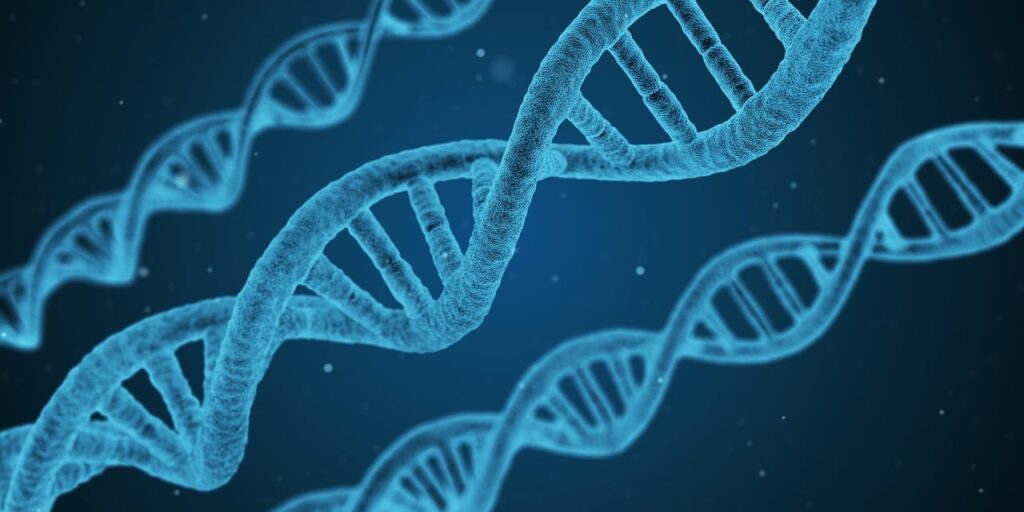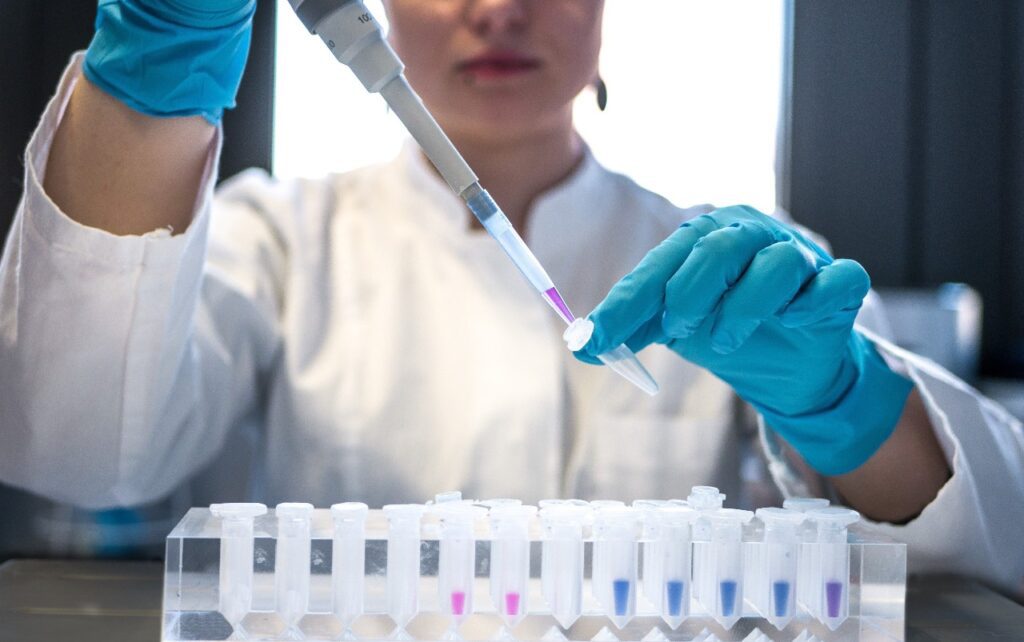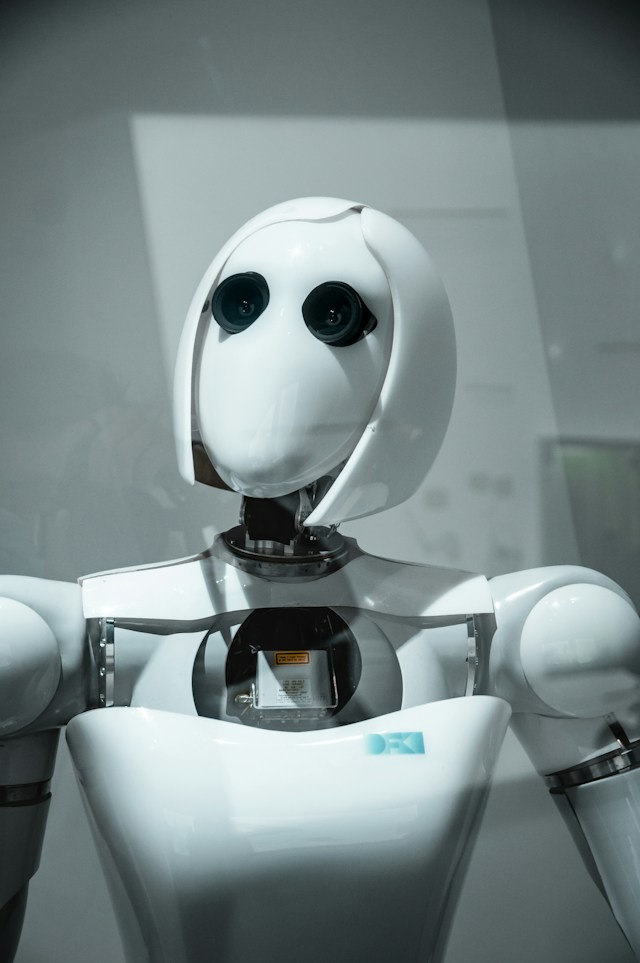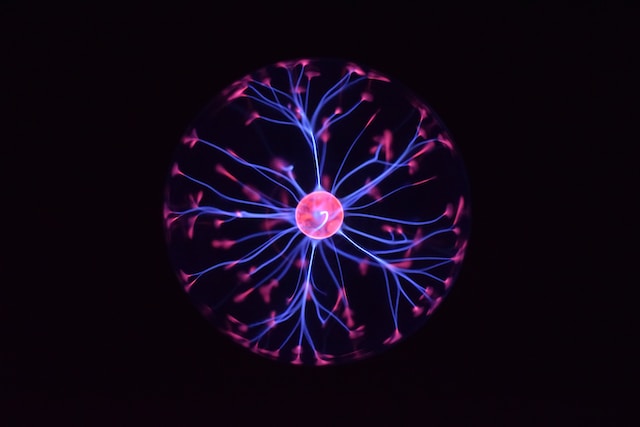Can an individual’s biological age be slowed down or even reversed and will a secret elixir which does exactly that finally lead us to immortality? Well, anti-ageing scientists will never put it so dramatically but research into epigenetic clocks has reached an exciting new phase, with billions of dollars being poured into studies that dig deeper into the ageing process.
The eventual aim is clear: to slow down and finally reverse ageing. We might be many decades away from that lofty goal but some critical breakthroughs in the next few years could make that impossible future seem within winning distance.
So, what exactly are epigenetic clocks?
We are all getting older every second, but what if this process was not inevitable? Scientists who study ageing say that the changes caused in the human body vary from person to person as they age, but at the molecular level, there are some striking similarities. For instance, our DNA has what can be best described as gene-regulating markers, and they shuffle considerably as we age. This is true for everybody. In contrast, in our youth, our genetic activity is more tightly regulated.

From 2005 onwards, scientists have looked closely at this phenomenon, and genetic markers have emerged as a means to determine the biological age of a person. As you might have guessed, your biological age is different from your chronological or actual age. While chronological age is your age in years, biological age may be loosely defined as a measure of how well your body functions.
Researchers are trying to find ways to predict mortality risks and age-related diseases with the help of such DNA methylation marks or age biomarkers. With age, they noticeably shift, diminishing from some spots and increasing in others.
These changes are significant enough to be measured by a biochemical test known as an epigenetic clock to assess a person’s biological age.
The importance of biological age
In some individuals, the biological age is higher than their chronological age, which may translate into reduced life expectancy. If the epigenetic clock is accelerated in a person, it means they may be at a higher risk of chronic disease and mortality. However, scientists have not yet figured out the precise cause and effect relationship between the epigenetic clock and ageing – which of the two leads to the other?

The so-called epigenetic clock is used to determine biological age from a DNA methylation sample, but some experts have raised questions about the robustness of this methodology.
For example, Leonard Schalkwyk, Professor of Human Genetics, University of Essex, and Jonathan Mill, Professor of Epigenetics, University of Exeter, stated in an article that “the ages of people were systematically underestimated by the epigenetic clock, once people were over the age of about 60.”
Another tantalizing subject of research is the apparent agelessness or immortality of germline cells such as eggs or sperm, the idea that a baby does not inherit his parents’ age when it is born. But for years scientists were not satisfied with this explanation because studies showed that eggs and sperm did in fact age.
This dilemma may have been resolved in a 2021 study which bolstered the hypothesis that germline cells reset their age after conception, thereby reversing any damage.
Further research on the mechanism of how exactly such reversal of ageing happens in germline cells may be the key to tackling age-related illnesses like Parkinson’s and slowing ageing.
Clocking our lives and health
While it’s tempting to think that a grand epigenetic clock will provide all the information about a person’s ageing process, many scientists are looking at more specific epigenetic clocks aimed at different tissues or parts of the body.
The first generation of epigenetic clocks looked at measures of ageing in the blood such as blood pressure and lipid levels. But now epigenetic clocks linked to specific tissues like brain or liver are being developed. The goal is to determine the epigenetic signatures of specific diseases.
Grail, an American company that was acquired in 2021 by DNA sequencing major Illumina, claims to have come up with a test for detecting more than 50 types of cancers based on altered methylation patterns in the blood’s DNA.
Other teams of researchers are examining epigenetic signatures associated with lifestyle choices such as alcohol and smoking.
Can ageing be reversed?

A study published in 2019, though small in scope, created a buzz by giving nine men drugs that knocked 2.5 years off their biological age.
While Intervene Immune, a California-based anti-ageing biotech company, conducted the trial, Steve Horvath, a leading anti-ageing researcher at the University of California, Los Angeles, used an epigenetic clock for analyzing the participants’ blood samples.
But many scientists have cautioned against reading too much too quickly into the findings. The biggest shortcoming of the study, according to critics, was that it was small, unblinded and lacked a placebo component, weaknesses that Horvath acknowledges.

Perhaps more sophisticated studies will address some of these concerns. There is a sense that this area of research is still fluid and we are in the early days of what might be a life-altering science.
Horvath, a professor of human genetics and biostatistics, is credited with the discovery in 2011-13 of the first-ever epigenetic clock, which is also called the Horvath Biological Clock. A lot of anti-ageing research in the last decade has been influenced by his foundational work.
When he was barely out of his teens, Horvath, together with his twin brother and some of their friends, decided to dedicate their lives to the pursuit of prolonging human life. Though Horvath’s brother later became a psychiatrist, Horvath is living his dream. During a TEDx talk in 2020, he told his audience that thousands of researchers were working on various aspects of slowing the ageing process. “To the older people in the audience, I want to say, be brave, hang in there. Exciting interventions are in the pipeline.”















